Exposé Reveals Sick Animals Left to Die, Diseases, Filth, and More at PetSmart Stores Across the Country
A 2017–2018 PETA eyewitness investigation of three PetSmart, Inc., stores across the country found systemic neglect and widespread animal suffering.
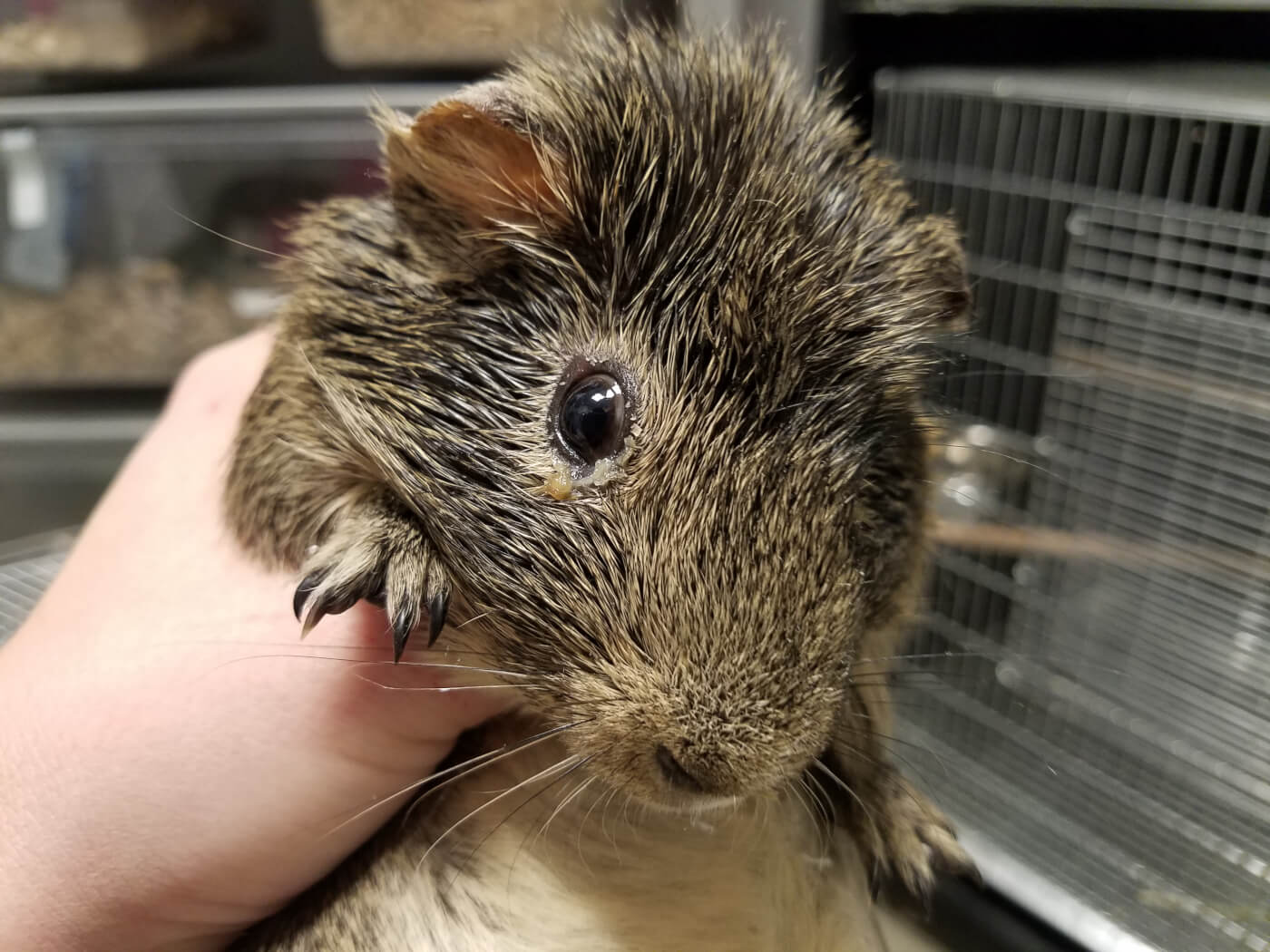
Managers at a Nashville, Tennessee, store repeatedly refused to provide sick, injured, and dying animals with veterinary care in order to “keep costs down” so that they would receive bonuses. Based on PETA’s evidence, on March 29, 2018, Metro Nashville Animal Care & Control (MACC) executed a search and seizure warrant at the store. MACC seized six sick and injured mice and guinea pigs and opened a criminal investigation. On April 13, 2018, the Nashville District Attorney’s Office filed cruelty-to-animals charges against PetSmart store managers Gregory Gordon, Kris Stengel, and Tonya Smith. On June 26, 2018, the three pleaded guilty. The judge ordered them to perform community service and to repay the veterinary and care costs for the rescued animals—a total of $16,156.
PETA’s investigation—which also included stores in Brandon, Florida, and Peoria, Arizona—revealed that PetSmart stocked animals with diseases that were transmissible to humans.
It also did not schedule staff to care for animals on Thanksgiving and Christmas, even though many of them were sick and in need of medication and the company’s annual revenue is $7 billion.
'I’m Not Going to Take It to an Emergency Vet … There's No Point in Me Paying That for a $15 Animal'
Managers at the Nashville store repeatedly refused to provide sick, injured, and dying animals with veterinary care in order to “keep costs down” so that they would receive bonuses.
These animals included Faron, a guinea pig who suffered from an abscessed wound on his back, dehydration, and painful gastrointestinal stasis. A supervisor said that she “pushed” on a wound on the back of his neck because it contained pus, and the store manager repeatedly told the eyewitness that he would not take the guinea pig to a veterinarian. PETA’s eyewitness rescued the little animal, who had to be hospitalized but was eventually placed in a loving home.
Townes, another guinea pig, had an abscessed knee joint that spread infection to his heart, his brain, and elsewhere. Townes was unable to stand or even right himself. When managers refused to rush him for veterinary treatment, PETA’s eyewitness did, and a veterinarian recommended euthanasia to end his suffering. The store manager said, “I’m not going to take it to an emergency vet to get put down … ‘Cause if you take it to the emergency vet, you’re gonna pay an extra $200, $300. There’s no point in me paying that for a $15 animal.”
Tony, a mouse, languished for more than a month with an irritated eye and apparent respiratory infection before he died, even though a supervisor admitted that his eye was “awful” and that it was “ridiculous” that he had not been taken to a veterinarian.
Managers instructed workers to cut other corners. When the eyewitness told a manager that the Nashville store was out of guinea pig food, the response was, “We can’t order [more food] … we’re gonna miss our bonuses.”
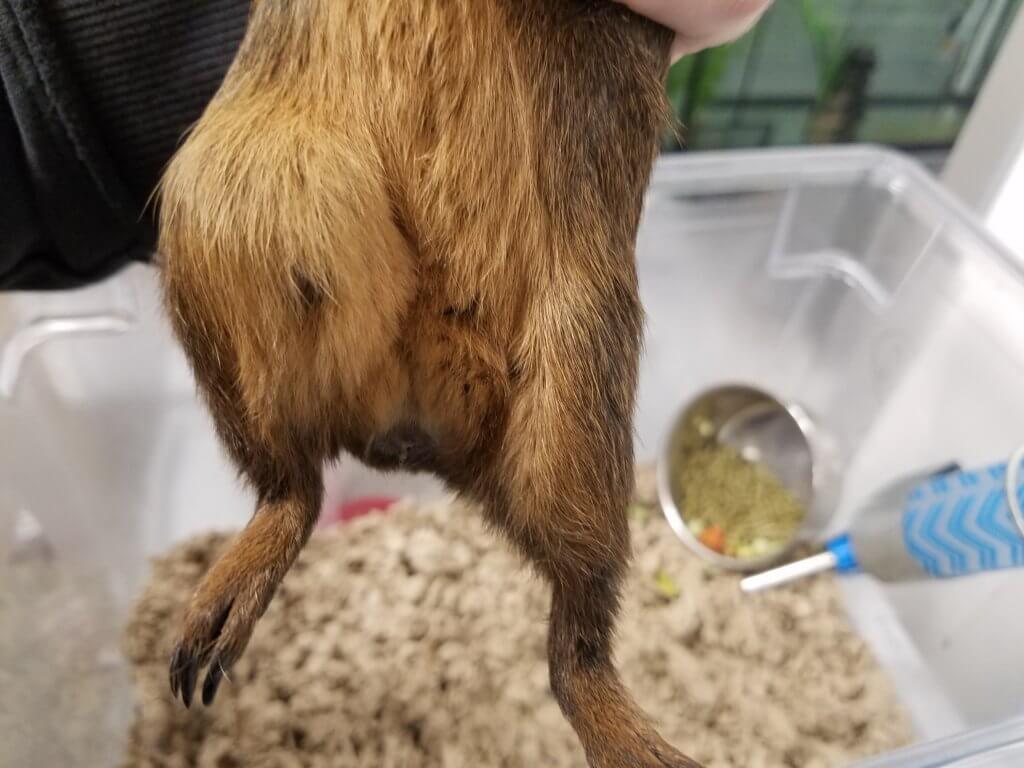
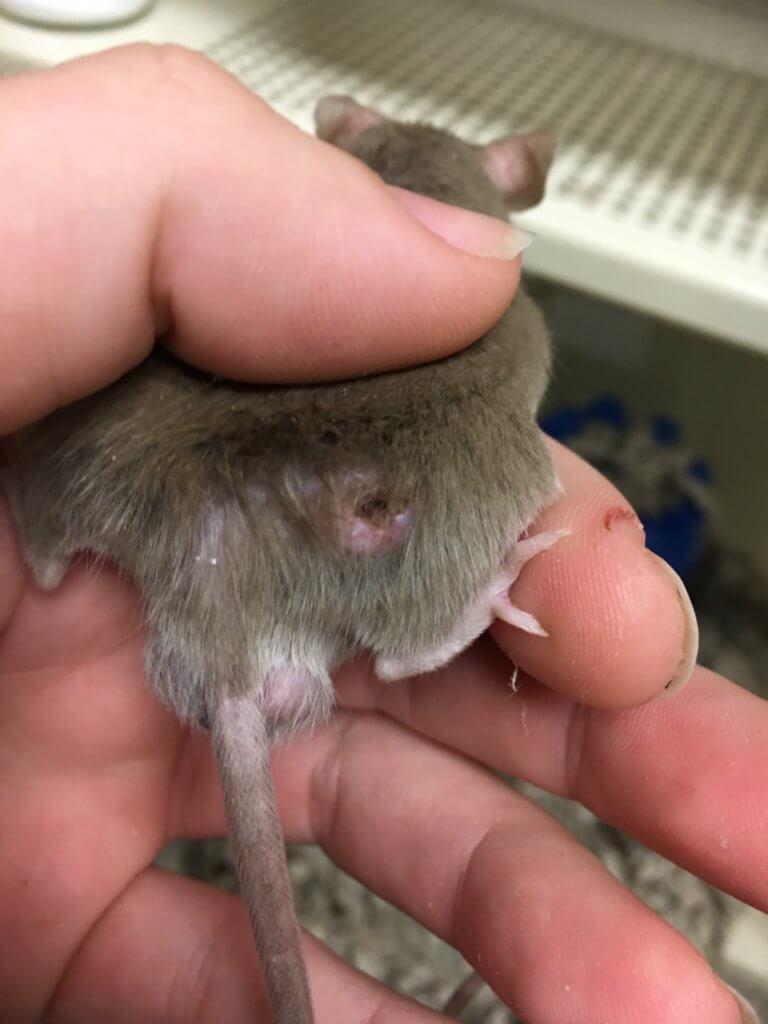
Sun Pet Is 'Our Supplier. Don't Ever Tell Anyone That.'
The eyewitness also recorded a supervisor instructing employees not to tell customers that PetSmart buys animals from Sun Pet, Ltd., an abusive Atlanta warehouse that was put on probation by the Georgia Department of Agriculture following a PETA investigation in 2010. The supervisor said that conditions at Sun Pet were “horrendous” but that PetSmart still sources animals from it because “PetSmart’s cheap.”
Sun Pet shipped very young, underweight guinea pigs to the Nashville store, including one who arrived dead. The eyewitness found another underweight guinea pig, Waylon, dead five days after he had arrived from Sun Pet. A supervisor said that Sun Pet was “just pushing out guinea pigs … as fast as [PetSmart will] take them.”
Multiple mice from one Sun Pet shipment became bloated, developed a discharge from their eyes and ears, and struggled to breathe. When one of these mice, Brain, developed a swollen face and walked with a head tilt, supervisors said that they could “squish” or freeze him to death. The store manager said, “He’s just a mouse. Who cares?”
At another store, a manager admitted that “every single one” of the animals comes from “terrible” mills and that PetSmart is “a horrible place for animals.”
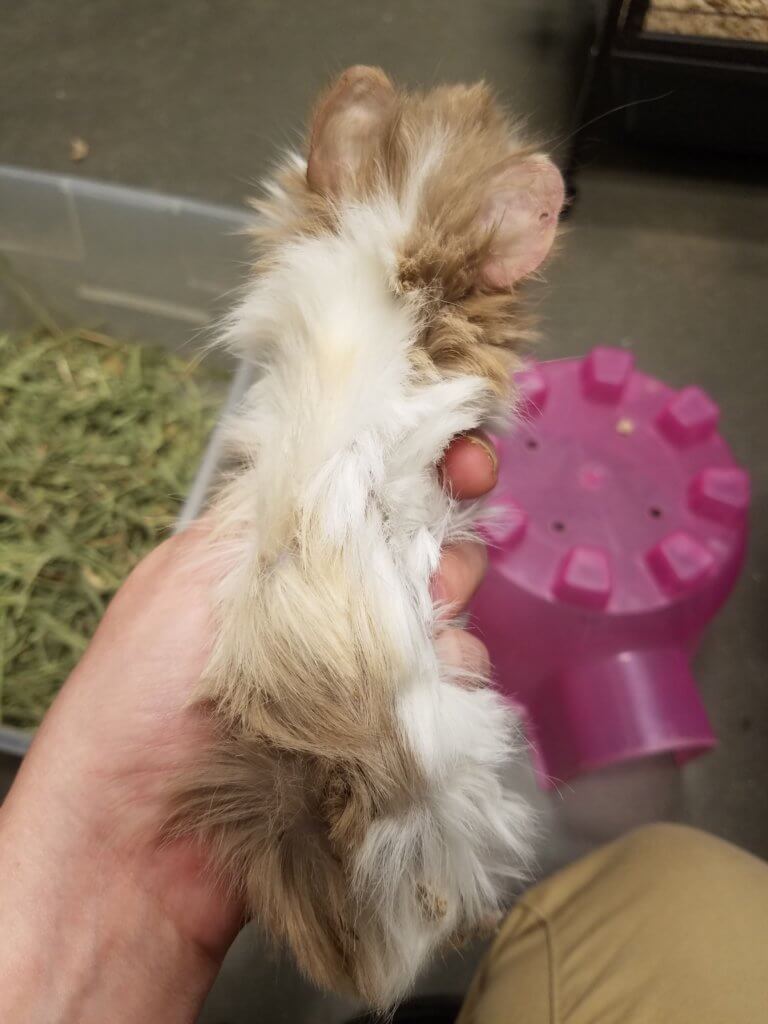
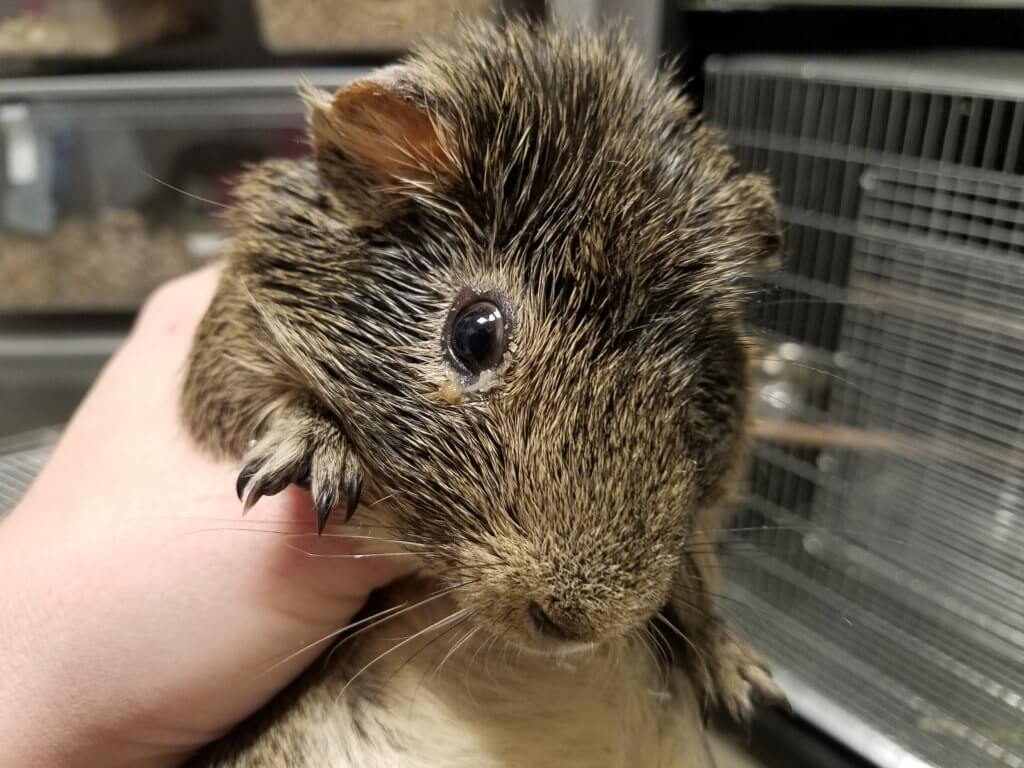
Left Alone for Days, Without Water, as a Hurricane Raged Outside
At the PetSmart store on Causeway Boulevard in Brandon, Florida, managers left animals to languish on the shelves during Hurricane Irma, and workers returned four days later to find that several had escaped, approximately 30 small mammals had run out of water, and some had died.
Workers deprived Valencia, a critically ill parakeet, of veterinary care for at least five days. When the eyewitness told the store manager that Valencia might not survive, the response was, “I wish I had a better answer for you, but I don’t.” Valencia starved, suffered from dehydration, and slowly died. Florida law-enforcement officials are investigating the Brandon PetSmart store.
Sybil, a hamster, apparently attempted to chew off her own leg after it was caught in a water bottle holder.
Peggy was one of numerous guinea pigs who had ringworm, an itchy, highly contagious fungal disease that is transmissible to humans. Ringworm can spread easily in filthy bedding, such as in the stores’ cramped guinea pig enclosures, where feces, urine, and old food quickly accumulated.
Many hamsters at the Florida store suffered—and at least one died without veterinary care—from “wet tail,” a deadly intestinal disease that strikes them when they are severely stressed.
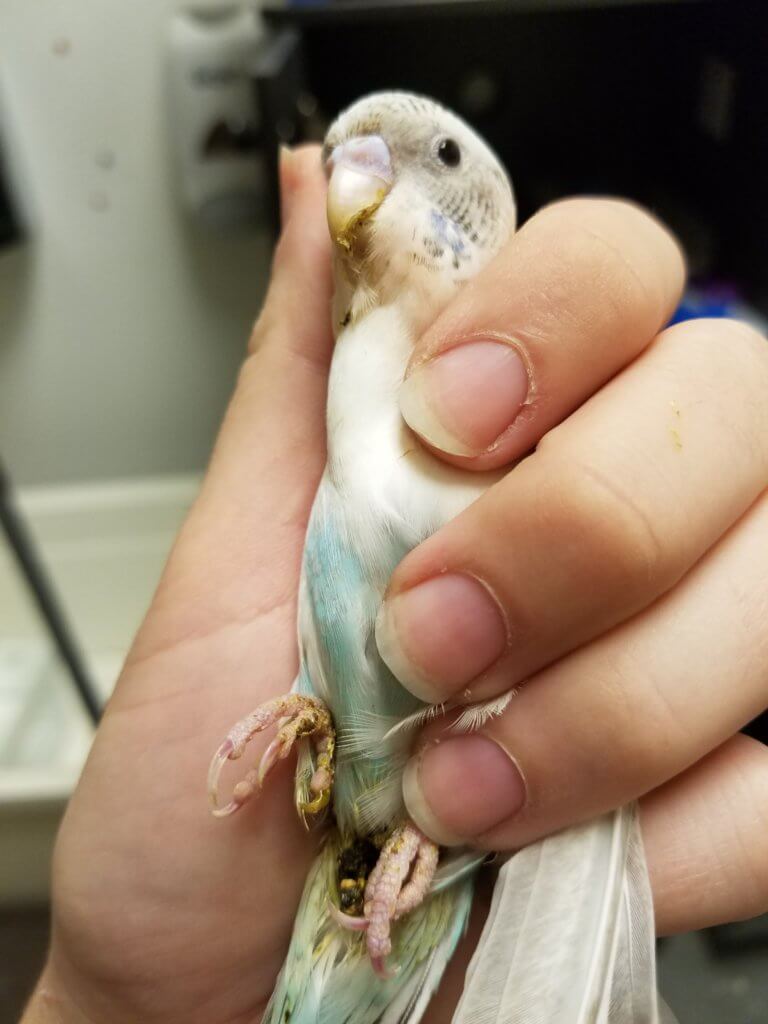
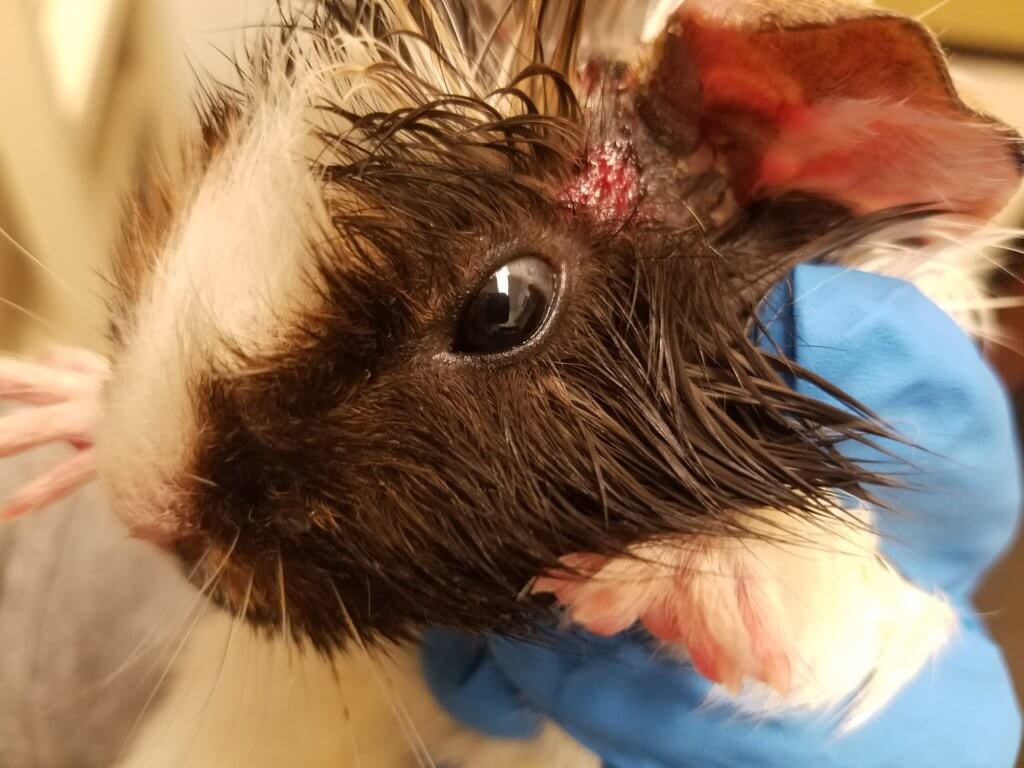
Suffering, Disease, and Indifference Just Minutes From PetSmart's Headquarters
A supervisor at the Peoria, Arizona, store, near the company’s Phoenix headquarters, told the eyewitness that workers didn’t take sick and injured animals for free in-store veterinary exams because “they don’t want animals [in a back room] to take care of.”
Ninetails, a mouse, was denied veterinary care for a pus-filled growth that was as big as a blueberry, but a store manager hesitated even to look at it, saying, “If it’s gross, I don’t want to see it.” And Gus, a hamster, was so stressed that he cried out whenever anyone moved his enclosure. The eyewitness rescued Ninetails and Gus, and PETA placed them in loving homes.
Naturally solitary hamster species were housed in groups, leading to fights, and a supervisor advised “grab[bing]” any hamsters who killed others and “squeez[ing] as hard as you can,” while another worker called a stressed hamster a “[d]umb bitch” and asked, “What the fuck is wrong with you?”
Hamsters at all three stores paced back and forth in their enclosures. When the eyewitness proposed providing one frantic hamster with a wheel, a supervisor said, “Leave him alone … that’s not important.”
The eyewitness was also instructed not to inform customers that the store was selling fish from tanks found to have ich, a highly contagious disease.
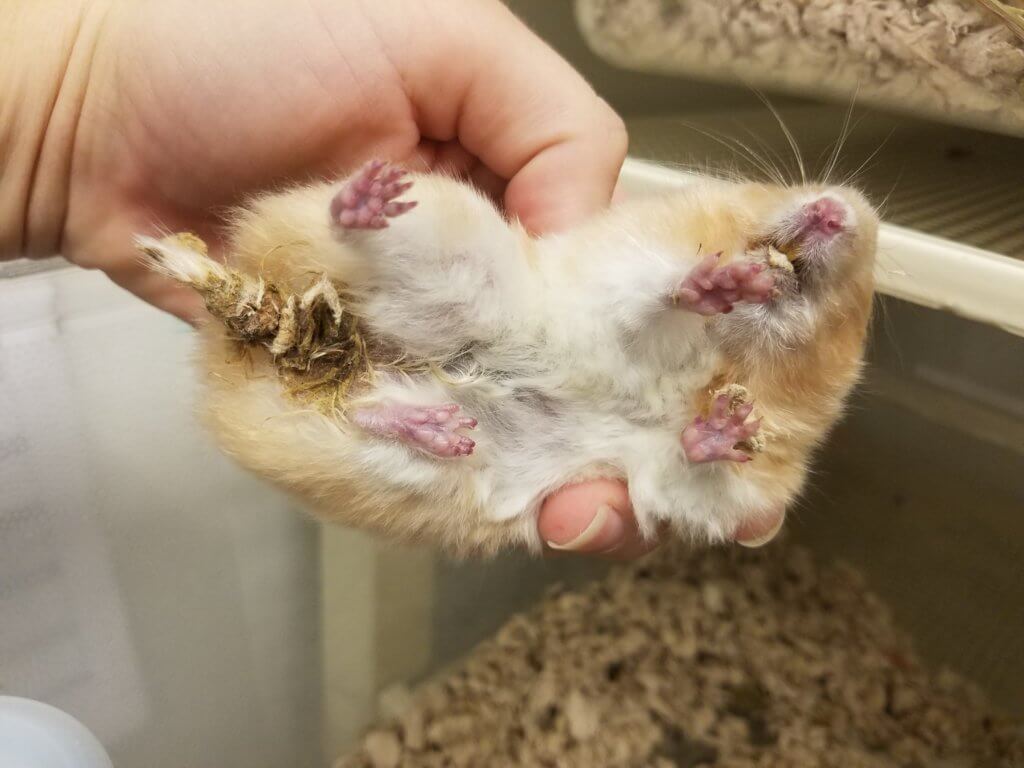
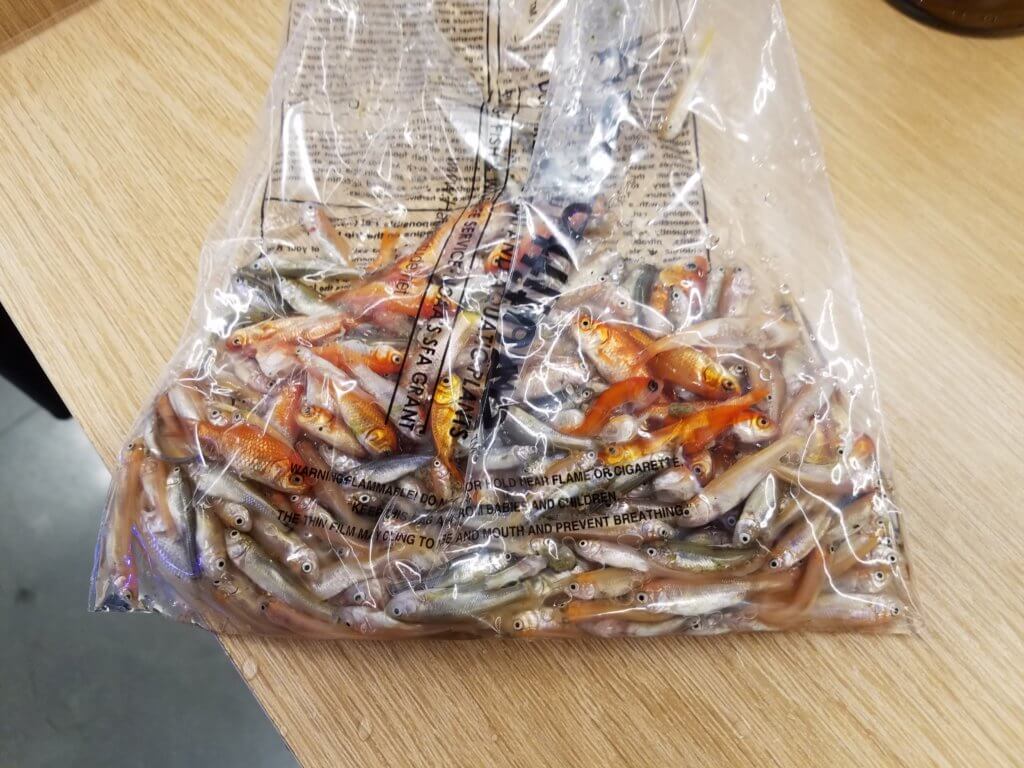
'You Know Where We Make Most of Our Money in Pet Care?'
A manager at the Nashville store explained that PetSmart makes most of its billions of dollars not from peddling live animals, but from selling “hard goods”—the supplies that customers purchase for their animal companions—because they’re marked up “2 to 300 percent.”
The manager said that PetSmart corporate officials had considered not selling live animals because they could lose money, but they do keep selling them because “the store can make a lot of money” by “upselling” supplies for them.
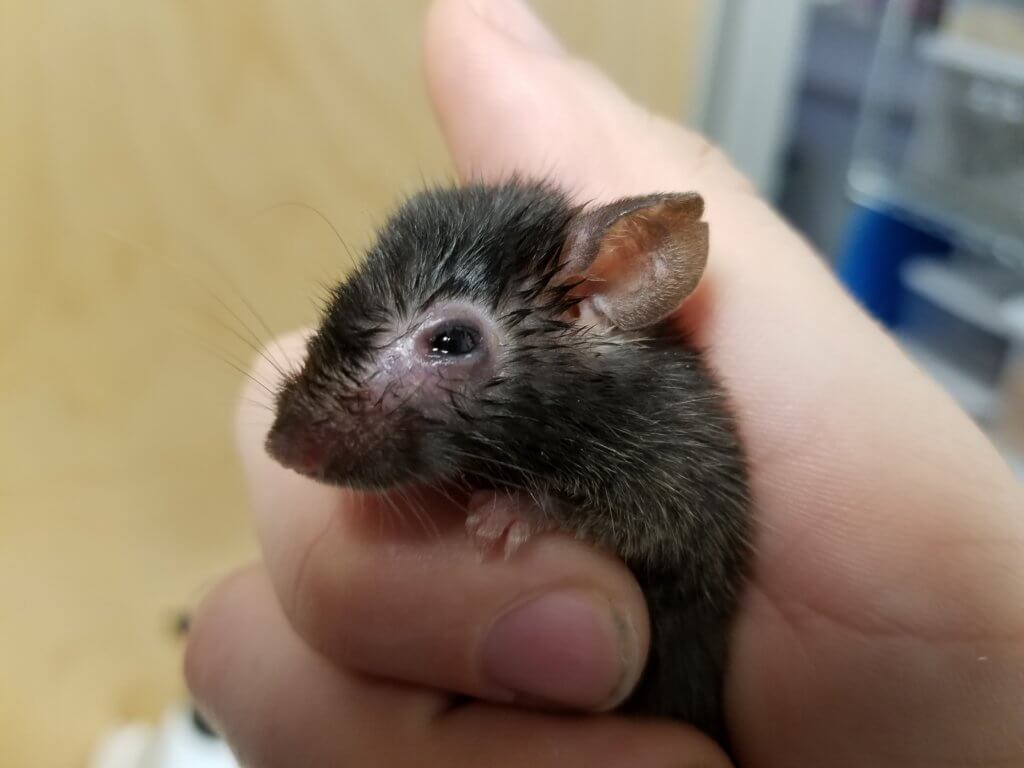
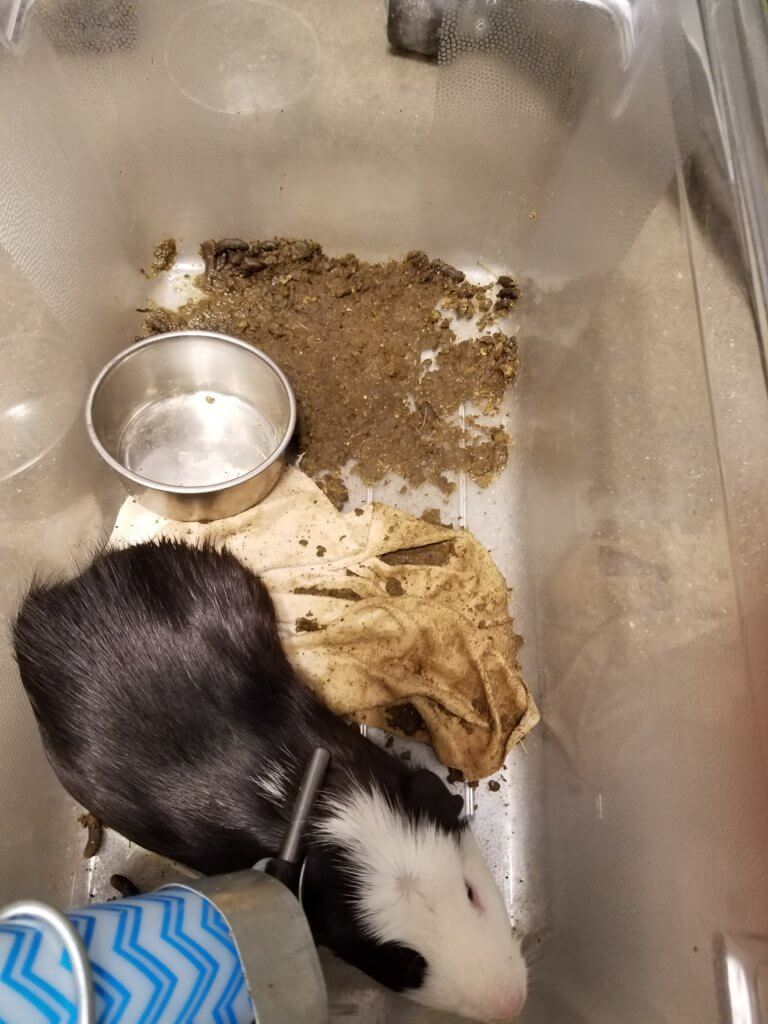
What You Can Do
This case is not unusual. In the past, PETA has investigated other PetSmart stores and exposed six animal dealers tied to PetSmart, each time uncovering systemic animal abuse. PetSmart is well aware that investigation after investigation into its animal suppliers and stores has found factory-farm conditions, filth, crowding, deprivation, neglect, cruelty, and prolonged, painful death. Yet it continues to sell animals and do business with these mills.
Please, never buy pet supplies from retailers that sell any animals. Let PetSmart officials know that you’ll instead buy supplies from businesses that don’t sell animals, such as Target, or online retailers.
And if you’re planning to add an animal to your family, please visit a local animal shelter or rescue organization—never buy from a pet store or breeder.
